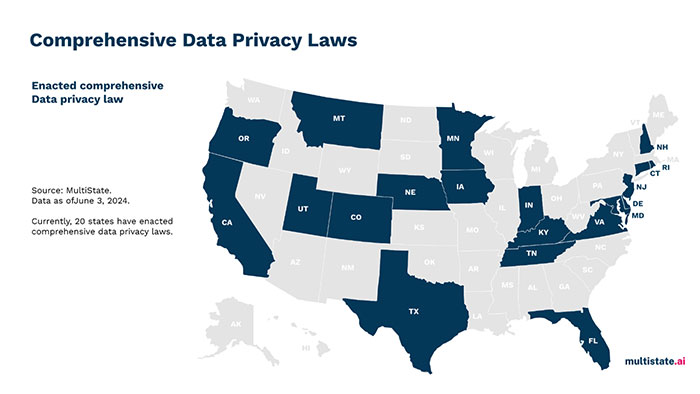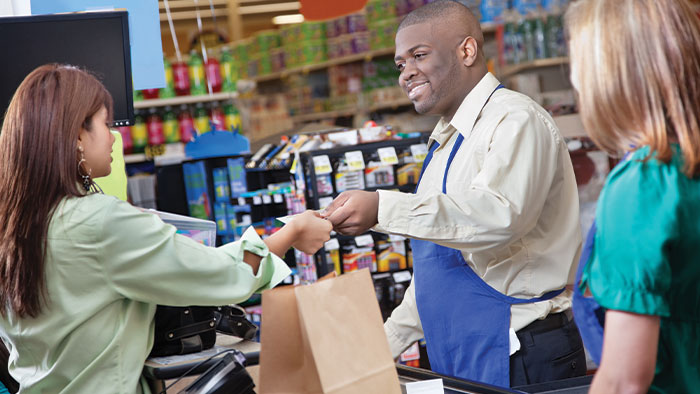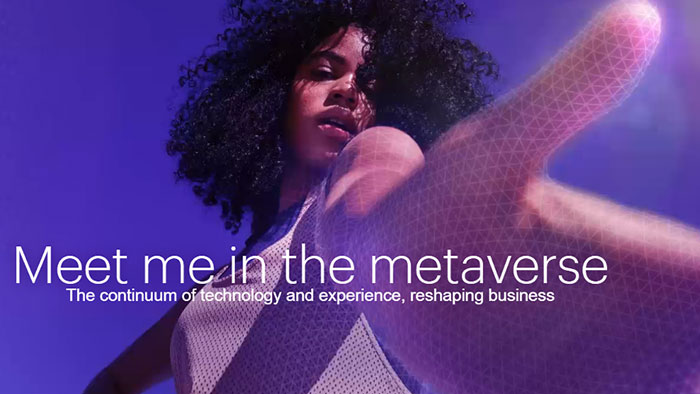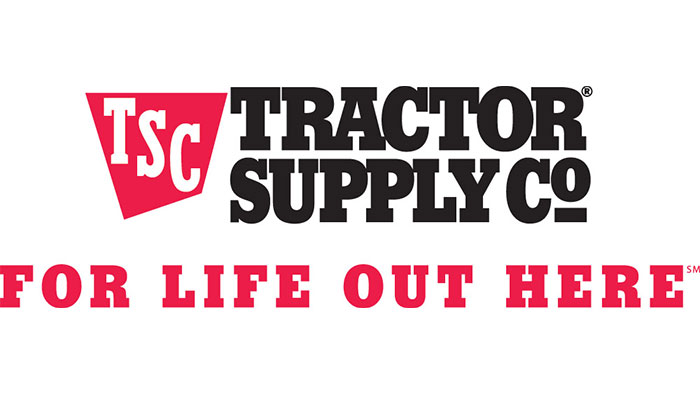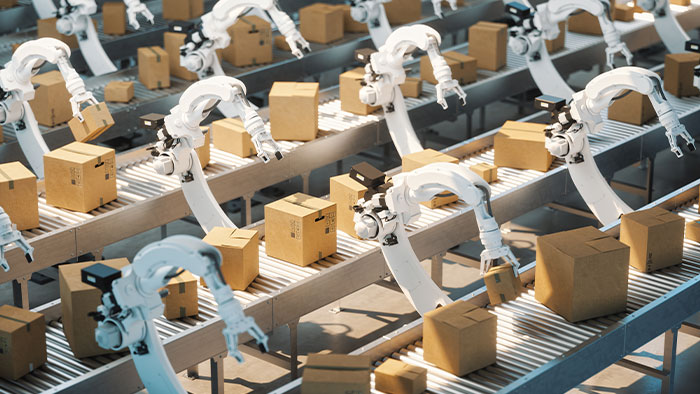Mapping a Circular Economy Business Model
Week 5 of the Global Retail Challenge
- By [ Katie Nicholos ]
- 11/05/2019
This week’s assignment offered students the opportunity to experiment with expressing their new ideas as product or service offering. Their job was to create three well-defined business models using the Business Model Canvas template. This week’s Mentors, John Kotlarczyk, Senior Director of Corporate Social Responsibility & Waste Reduction at Walgreens and Lauren Stone, Senior Manager of Corporate Social Responsibility at Walgreens, helped teams sharpen their focus on the financials required to successfully launch their ideas and offered two options for them to think through the tension between the cost of a particular solution and the potential circular impact.
- Option 1: Make a strategic choice to place small bets on pieces of a larger solution and then test your way to success. This option allows teams to make small investments and prove their way to success.
- Option 2: Make large investments to acquire a reputational boost. Sometimes there are negative implications of NOT doing something and that's a good time to make an investment in reputation even if the financials are not attractive. These investments have the potential for significant payoff in establishing customer loyalty, employee loyalty and employee engagement.
- Team 2 - University of Arizona A,
- Team 3 - University of Arizona B,
- Team 6 - Florida State University,
- Team 10 - Ohio State University,
- Team 12 - Columbia University, and
- Team 14 - Ritsumeikan Asia Pacific University B.
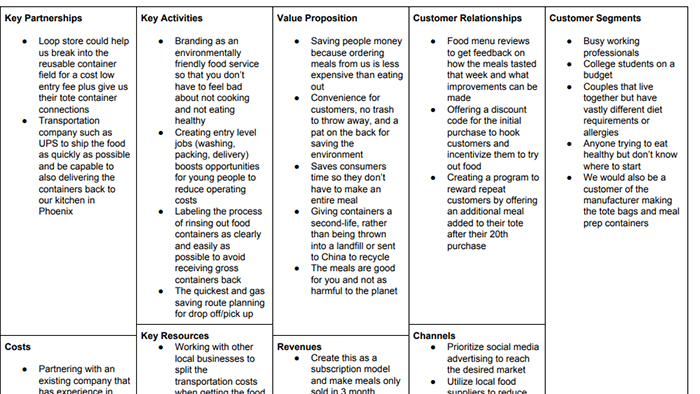
Here more next week, and take a look back at our first four weeks:
| Week 1 | Week 2 | Week 3 | Week 4 |


